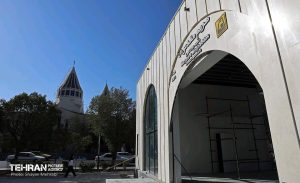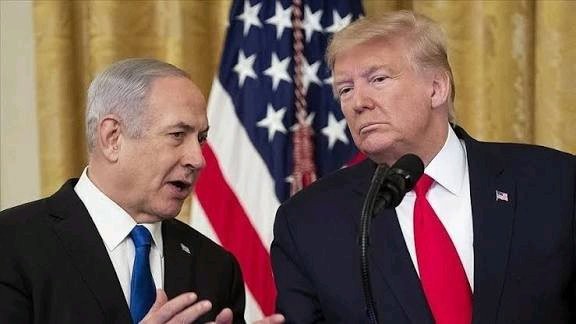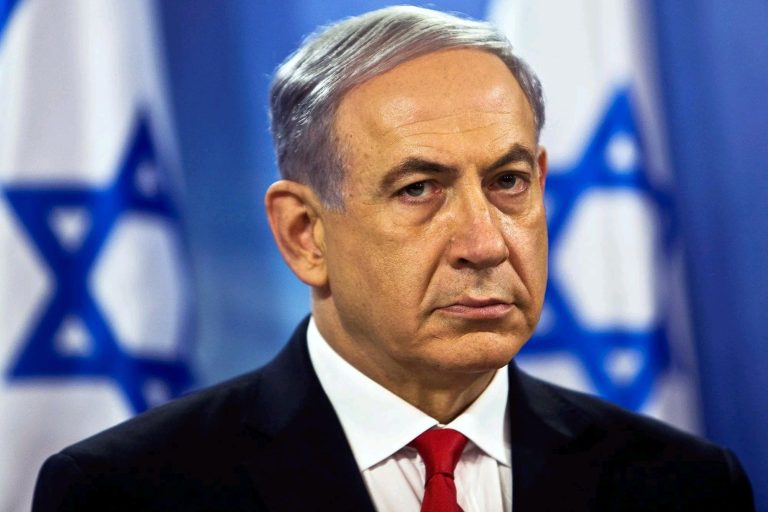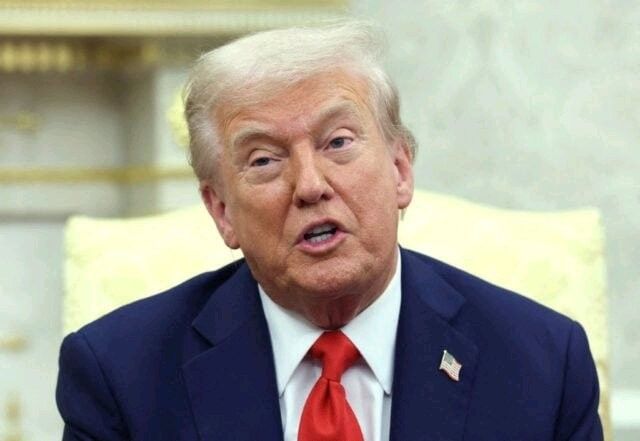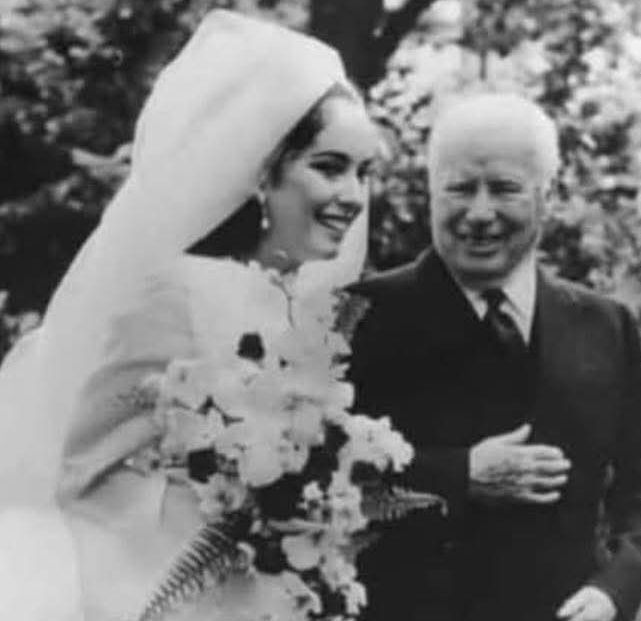Russia has publicly expressed its support for a new Gaza peace plan proposed by former U.S. President Donald Trump. The endorsement, delivered by the Kremlin on September 30, 2025, adds a complex new dimension to the international response to the prolonged conflict.
According to a report by The Guardian, Kremlin spokesperson Dmitry Peskov used a regular press briefing to voice Moscow’s approval of President Trump’s recently unveiled 20-point roadmap. Peskov described the proposal as a “welcome initiative,” aligning it with Russia’s stated preference for diplomatic solutions to end the violence in Gaza.
READ: “We Won’t Allow It”: US, Israel Fume Over Satellite Proof of Iran’s Nuclear Site Rebuild
Peskov left little room for ambiguity regarding Moscow’s position. “We always support and welcome any efforts by President Trump aimed at ending this ongoing tragedy,” he stated, deliberately repeating the phrase to underscore the Kremlin’s firm support.
While the Kremlin spokesperson did not delve into the specific points of Trump’s plan, which has been met with both praise and skepticism elsewhere, he expressed optimism about its potential. Peskov indicated that the proposal could help steer the crisis toward a more stable and peaceful resolution, suggesting Russia is open to alternative diplomatic avenues, particularly those championed by the United States.

The Russian endorsement is politically significant, given the historically contentious relationship between Moscow and Washington, and the polarized nature of Trump’s presidency. Public alignment from the Kremlin on a major U.S. foreign policy initiative is a rare occurrence and points to a potential convergence of interests, at least regarding the Middle East.
This development places the Trump administration’s plan in a new light. While its domestic and traditional allied reception may be mixed, gaining the backing of a major power like Russia could influence the stance of other nations and alter the diplomatic calculus surrounding the Gaza conflict.
READ: A Collection of Tributes to Iryna Zarutska; She Forever Lives in Our Hearts!
Analysts suggest that Russia’s support may be a strategic move to position itself as a cooperative player in Middle Eastern peacemaking, while also leveraging the opportunity to engage with a U.S. administration on favorable terms. For the plan’s proponents, the endorsement is a diplomatic asset; for its critics, it may raise questions about the proposal’s broader implications.
As the details of the 20-point plan continue to be scrutinized, Russia’s “welcome” has undoubtedly injected a fresh dose of intrigue into the search for peace in Gaza, proving that in geopolitics, unexpected partnerships can emerge from the world’s most intractable conflicts.
Discover more from TOKTOK9JA MEDIA
Subscribe to get the latest posts sent to your email.


